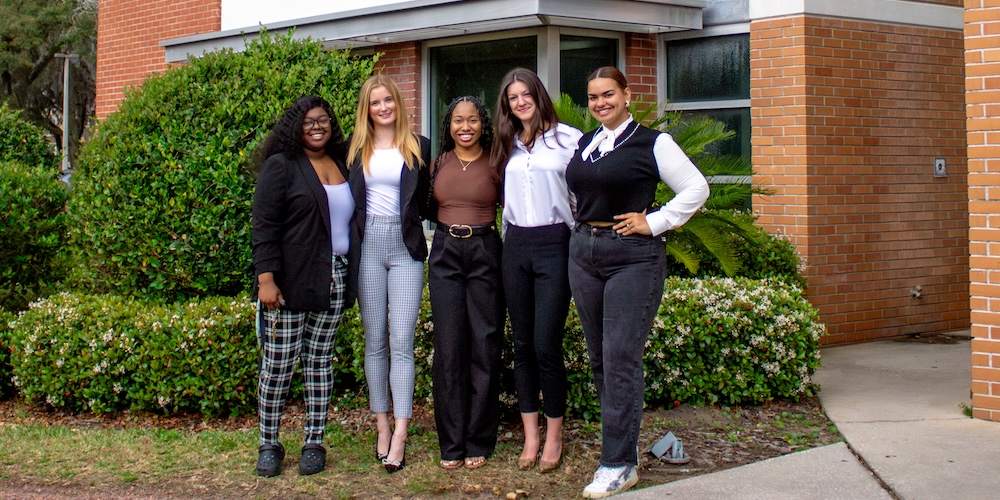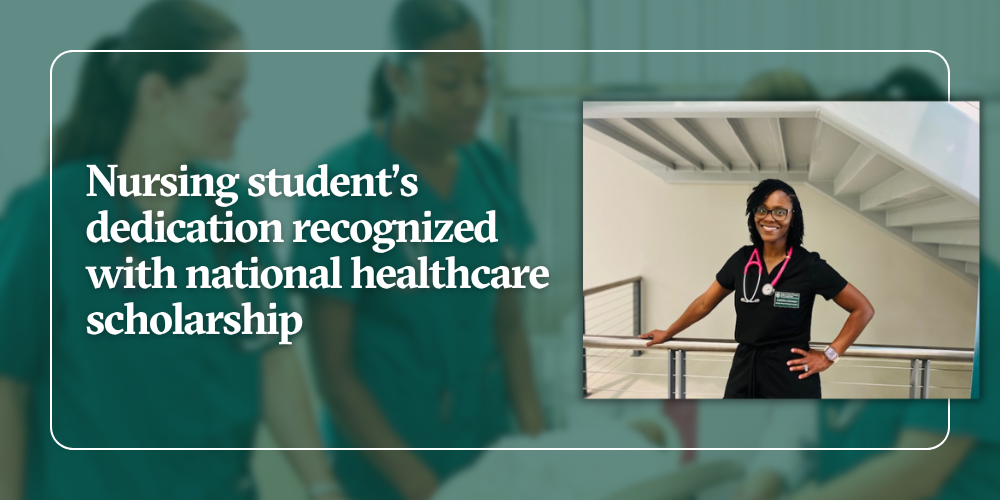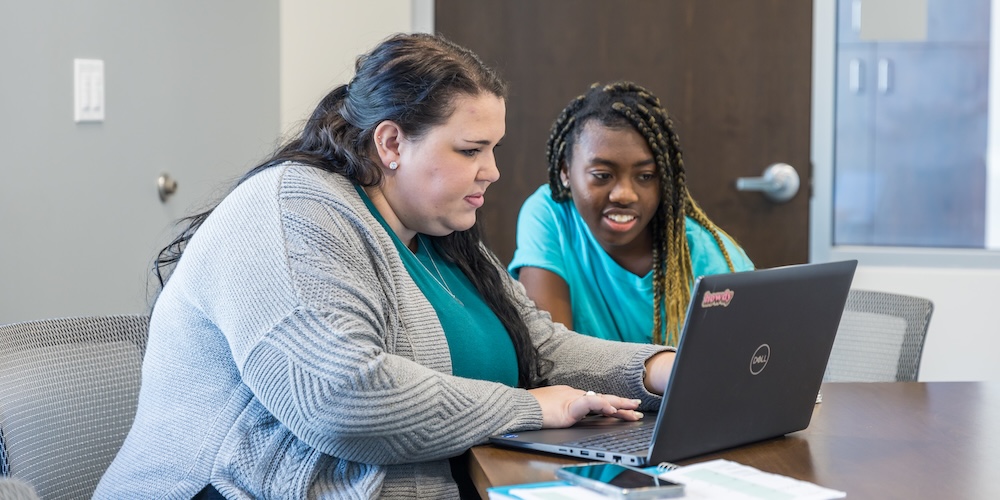Is it really July already? This has been an incredible year that few could have imagined in January.
The future is so uncertain with the pandemic and social unrest upsetting the normal patterns of our lives. But we will survive and even thrive as we move forward. I am an optimist by nature and like to think about how we can grow and improve.
That may be why I am so concerned about the future of the St. Johns River. We all want a vibrant economy that provides jobs and prosperity for everyone, regardless of race, color or creed. That is the American Dream.
But in order to have the kind of economic success that each one of us wants, we also need to have a healthy environment. Our children and grandchildren deserve clean air to breath and water free of contaminants. It is feasible to have both a robust economy and an unpolluted environment, but we must insist that our elected leaders hear exactly what we want, so there is no mistake when it comes to making choices.
There are so many examples where various industries tried to bend the public will to suit their corporate desire for profits. Do you remember the fight over whether cigarettes were harmful? I am convinced that we can afford to have clean air and clean water. But science and the will of the people have to prevail.
Over the years we have collectively made many mistakes. Beginning in the ’50s and ’60s, there was a national trend to build dams and create massive lakes to provide hydroelectric power and foster economic growth. Those structures had a design life of 50 to 60 years. We are beginning to see them fail or require massive and costly repairs.
Such a dam was built in Florida across the Ocklawaha River, the largest tributary of the St. Johns River, as part of the Cross Florida Barge Canal. Commonly called the Rodman Dam, its original function ceased when President Richard Nixon canceled the Cross Florida Barge Canal project due to environmental concerns in 1972.
An examination of old news stories from the ’50s and ’60s reveal that residents of Putnam County and Palatka, even then labeled the “Bass Capital of the World,” opposed construction of the dam and canal project because it would (1) ruin the fishing, (2) ruin the economy and (3) ruin the water quality.
Now here we are almost 50 years later, and the proposal to breach the dam and restore the Ocklawaha is again met with opposition because it would (1) ruin the fishing, (2) ruin the economy and (3) ruin the water quality.
People don’t like change. The time to restore the Ocklawaha is now. We have waited long enough.
With the dredging of the St. Johns River to improve the capacity of the port, it is important to have meaningful mitigation to offset the environmental impacts. I am not against the harbor deepening project. I do object to the fact that there is nothing being done to offset the environmental damage. We need to learn from our past mistakes and take ownership of the problem now. Let’s not leave it to our grandchildren to correct our mistakes.
Glad you asked River Life
Between all your academic passions, how were you able to choose invertebrate zoology and marine biology over so many other possible avenues of study?
My somewhat simplistic answer is that I was fortunate enough to be able to follow my passion. I recognized a long time ago that I have been extremely lucky. I have been in the right place at the right time with the right skill set to succeed. I grew up in Virginia and have always been on or near the water. I fished, crabbed and swam in the ocean and have long had a fascination with the sea.
Whenever I had a detour, I was always able to get back to the water. So when I went to college, I majored in biology and was fortunate to have teachers who encouraged me and let me develop my curiosity and instilled in me a love of learning and working with people.
My advice to others has always been to follow your passion. Doors will open and doors will close. We don’t always know why. But if you follow your basic instincts, things generally work themselves out.


